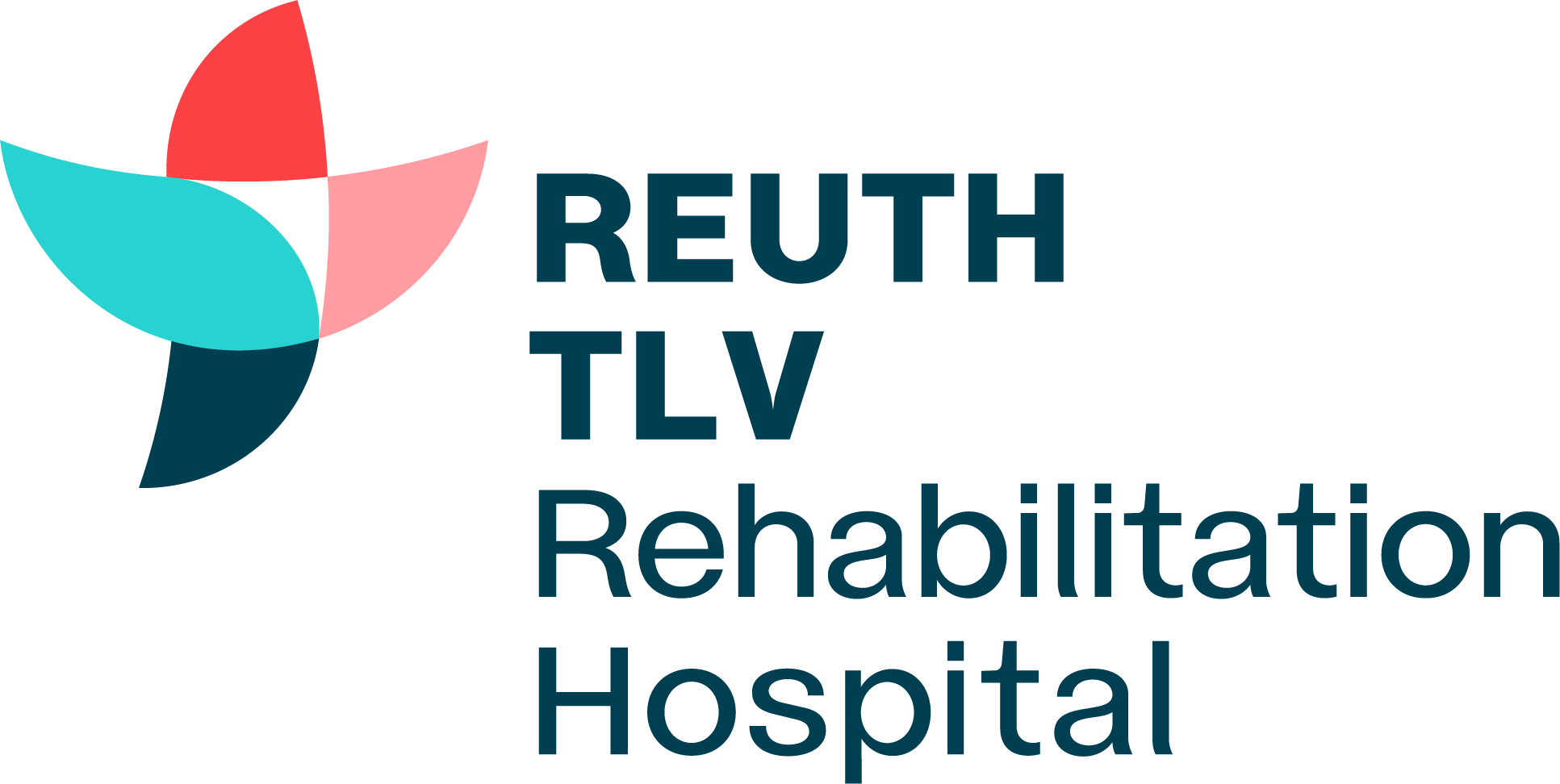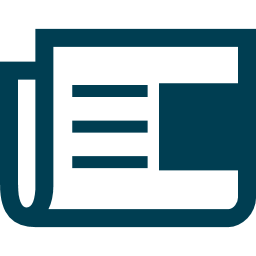Sleep disorders are one of the most prevalent problems of the Western World. About 20-25% of the population report difficulties in falling asleep and other problems that detract from sleep quality.
Sleep disorders and their treatments have been known to Chinese physicians for more than 2000 years. They are discussed in the most important book of Chinese Medicine – The Yellow Emperor’s Classic of Internal Medicine, which describes how one should behave in every season of the year. The book calls the three months of winter “the time of closing down and storing”, in which “people should go to bed early and wake up late in the morning, waiting for sunrise”. Clearly, we do not live as people did 2000 years ago, but some of the principles outlined in the ancient book can still be helpful.
Reasons for sleep disorders according to Chinese Medicine
Chinese Medicine affords ample room for the nature of the daily and seasonal cycles of our bodies. According to this approach, sleep is the ‘winter of the day’ – a time for looking inward, building and nourishment. During this time, crucial physiological processes take place, facilitating the proper functioning of our bodies. Therefore, sleep at night is especially important.
When we go to bed we pass from a state of wakefulness and activity (yang) to a passive state of sleep (yin). Chinese Medicine describes two main causes for sleep disorders: problems in falling asleep followed by frequent waking, and difficulties in going back to sleep. The condition is described as “lack of blood and yin” – an imbalance in one’s ability to rest and inner tranquility, when one is not well-anchored within oneself.
Unlike 2000 years ago, when people synchronized their hours of sleep with the hours of the day and night that change with the seasons, we don’t attach sufficient importance to this synchronization (artificial lights and screens are just two examples of elements that cut us off from the cycles of nature). We also do not set aside enough time for rest and gradual entry into the state of sleep, which are most significant for the body’s capacity to sleep, look inwards and find its anchor.
Guidelines for good transition from wakefulness to sleep
Chinese Medicine proposes several basic guidelines that can help us make the transition from wakefulness to sleep in the right way, to considerably improve our capacity for deep sleep – from which we will wake up fresh and energized in the morning.
Sleep at night: According to Chinese Medicine, the yang energy (heat, motion, activity) is dominant during the day, while the yin energy (rest, cold, darkness) dominates the night. Therefore, in order to recharge our bodies effectively we must rest and sleep during the evening and night hours. These are the hours in which the world rests and we recharge our batteries. Specifically – it is advisable to go to bed before midnight, when the night (yin) replaces the day (yang).
Artificial lights: When darkness falls outside you should dim the lights indoors, let go of screens and connect with the motion of the world. Strong, flickering artificial lighting (lamps, screens etc.) transmit contradicting signals of day and night to our brain, making it difficult for our body to prepare itself for the state of sleep. When eventually we want to go to sleep, it will be harder.
Avoid ‘heavy’ food: Chinese Medicine claims that the organs responsible for digesting food are active during the daytime, in the morning and early afternoon. The night, on the other hand, is reserved for organs that calm the nervous system and prepare the body for the next day. Eating food that is hard to digest right before bedtime deprives these organs of the rest they need and is directly detrimental to the quality of sleep. Therefore it is advisable to have a relatively early dinner, and if anything is consumed later on, it should be light, like soup – rich food that is quickly absorbed and does not require a great effort to digest.
In addition, sleep may be improved by drinking beverages that strengthen the blood and yin. Research has shown that drinking cherry juice in a glass of water about 30 minutes before bedtime improves sleep quality. Chemically, cherry juice contains a component that regulates serotonin which is responsible for calmness and plays an important role in falling asleep. Traditionally, the cherry’s sour flavor helps anchor sleep, while its dark red color strengthens the blood and yin aspect of the body, thereby helping preserve deep and quiet sleep.
Eating oatmeal can also contribute to sleep quality. Oatmeal is rich in fibers and vitamin B, a key element in the production of serotonin. Therefore, eating oatmeal porridge for dinner has a calming effect and can be very conducive to gradually entering a state of deep sleep.
Treating sleep disorders with acupuncture and complementary medicine
Acupuncture is an effective way for treating sleep disorders, tending to focus on the source of the problem, and especially helpful when chronic pain is the issue. In addition, a 2010 review examined the effectiveness of complementary medicine treatments for insomnia, and found that disciplines like Tai Chi, yoga and acupuncture can also improve sleep. Through these practices the body learns to deal with stress and calm down, thereby improving sleep.
Rehabilitation processes are often accompanied by sleep disorders – for many reasons, some of which preceded the injury, while others result from the trauma (stroke, severe injury, surgery etc.), which has disrupted the body’s normal cycles.
The guidelines described above can help synchronize the body with the natural rhythm of the universe, balancing activity with rest and sleep.
The information presented in this article is general. It does not constitute medical advice or replace consultation with a physician. It should not be regarded as a recommendation or an alternative for medical treatment.
The information presented in the English website is partial. For full info please visit our Hebrew website
(image is for demonstration purposes unsplash)

 donation
donation 




“Reuth Information Center”, All rights reserved to Reuth rehabilitation hospital. Reuth Information Center is an informational site only. All information on the Website is not a replacement or a substitute for medical, legal, economic, consumer, financial or other advice and any use of the information on the Website is solely the responsibility of the User. Surfing is subject to Terms of Use.